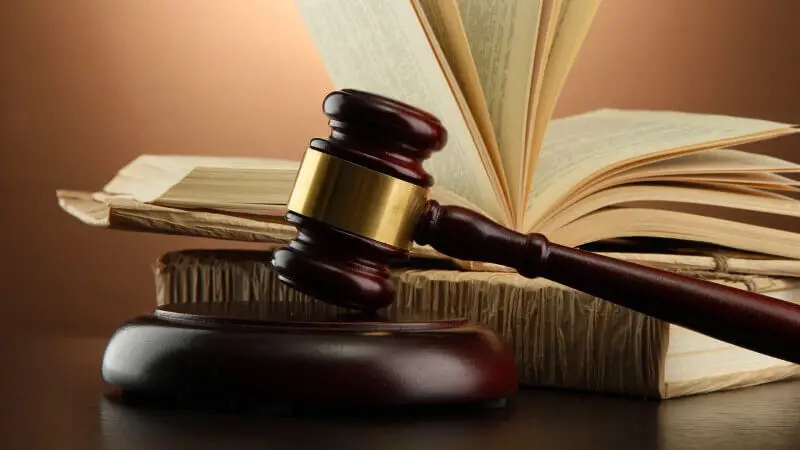What is the Definition of Plagiarism – Best Concise Explanation
Plagiarism definition at its simplest is when the words of an author are copied, and then published as if they[…]
Read more
Literature law refers to the legal principles and regulations that govern the production, distribution, and consumption of literature. It involves a range of legal issues, such as copyright law, libel and defamation law, obscenity and censorship law, and intellectual property law. These laws are designed to protect the rights of authors, publishers, and readers, while also ensuring that literature is not used to harm individuals or society. Literature law also includes regulations governing the publication and distribution of books, magazines, and other forms of literature, as well as the use of literary works in education and research. By studying literature law, scholars aim to gain a deeper understanding of the legal frameworks that shape the production and dissemination of literature, and how these frameworks impact the rights and freedoms of writers, publishers, and readers

Plagiarism definition at its simplest is when the words of an author are copied, and then published as if they[…]
Read more
Copyright law is a key component of the broad term – literature law. This article explains why copyright laws are[…]
Read more
The history of book bans shows it is not a new phenomenon. Literary censorship is as old as writing itself.[…]
Read more
Intersecting literature and the law demonstrates the impact of legal systems on storytelling. And it spotlights the representation of human[…]
Read more